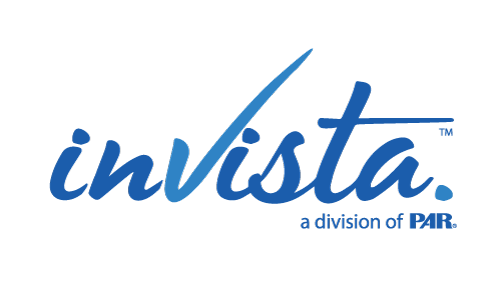It’s time to start interviewing candidates for your latest open position. And though many people think of a job interview as a way to get to know someone in person beyond the resume, conducting a well-thought-out interview may be more work than you might expect. It may be time to upgrade your interviewing techniques so you can be confident you are filling that open role with the right candidate.
A structured interview can help streamline and simplify your hiring process—and help you to be sure you’ve addressed the most pertinent questions with all candidates. Here are some tips on how to develop the questions for a structured interview.
Evaluate the skills needed for the role
Though you may have a laundry list of skills needed for the role left over from your job posting, be sure to also look at the soft skills necessary for success in that role.
Although you may be hiring someone for their business acumen or their ability to program in a specific computer language, take some time to consider other things that are equally as important—do they need to be able to get along with a variety of people? Is it important that they are able to creatively problem solve? These soft skills may be equally as important but harder to gauge when simply looking at a resume.
Build behavioral and situational questions
Once you’ve evaluated the full scope of the skills needed for success in that position, you can create interview questions that reflect those intricacies. Instead of asking someone to describe their management style, you might be able to ask how they would motivate an underperforming staff member or how they would react to criticism from a coworker.
Ask specific job-related questions
Using information specific to the position, ask your candidate questions that blend both the hard skills they will need with the soft skills you’ve determined are important for the position. In addition to giving you the information you need to see if the candidate has what it takes for success, this is a good way to give examples of what they can reasonably expect from the position. These questions may range from asking a baker what their favorite pastry is to what programming language a developer is most comfortable working in and why.
Create a candidate rating system
Determine the best way to rate a candidate’s answers. Some hiring managers will find it useful to rate responses on scale ranging from 0 to 5 and totaling up all responses. Others may find a system that makes sense based on their unique position or specific to their interview questions works well. Whatever system you use, it must be simple enough that you can use it during the interview and can easily explain it to others who may be using it as well.
Get ready to interview!
Now that you have a solid list of questions and a way to rate responses, be sure you ask the questions with the same wording and in the same order for each interviewee. The goal is to try to have as consistent an interview process as possible between each candidate so that when you go back to look at all the candidates and their responses, you are making decisions equally across all individuals.
Adopting a structured interview can help you to be more confident in your hiring decisions.
Want more insights on structured interviews? Our handbook shows you how to make better staffing decisions today! Learn more here.
This is the second in a series on structured interviews. Be sure to come back to InVista in the coming weeks to learn more about how to train others in your organization to conduct structured interviews. Read the first part in the series.


Recent Comments